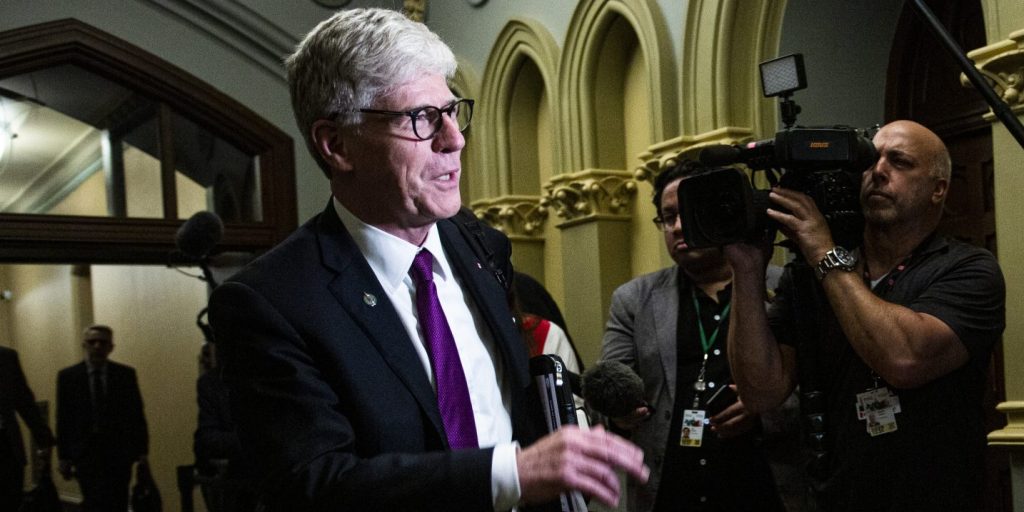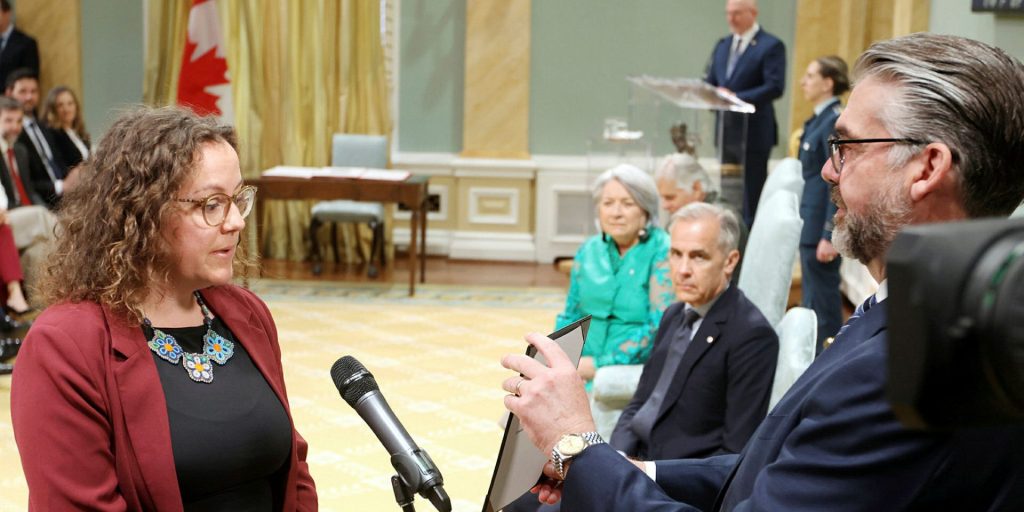Canada’s next top doctor must be a ‘focal point’ for public health amid changes in the U.S., concerns about next pandemic

Dr. Theresa Tam has left the job of chief public health officer after eight years. Her successor will have to contend with a change in the U.S.’ public health approach, vaccine hesitancy among Canadians and the need to always be ready for the next global outbreak.
Here are some ways to revolutionize the federal government for tomorrow’s challenges

The federal government needs to stop hiring generalist policy writers and start hiring experts in their field, and then hire managers and leaders with people and management expertise. That’s how we modernize this government.
Investing in Indigenous education is an investment in Canada’s future

Continued investment in Indigenous Peoples and Indigenous-led initiatives isn’t just about equity, but also about creating intelligent policy which will result in sustainable prosperity for all.
‘Survivors are waiting for it’: Sen. Boyer reintroduces bill to criminalize forced, coerced sterilizations

Boyer says she hopes the Senate’s previous study of her bill tackling forced and coerced sterilizations will speed up its passage in the Upper Chamber the second time around.
Scrapping net-zero commitments step in right direction for CPPIB

The Canada Pension Plan Investment Board’s objective should not be climate activism or other environmental or social concerns, but risk-adjusted financial returns.
Delivering results: the case for an Indigenous Outcomes Fund

Outcomes finance is a model rooted in accountability and self-determination. Such a fund would support Indigenous-led processes in areas like health, education, and housing.
Indigenous Relations

Here’s why Canada should say ‘no’ to LNG

Canada has the opportunity to lead in the global clean energy transition, not to follow outdated energy playbooks.
With Indigenous relations taking on an economic lens, consultation will be key, say academics, orgs

Indigenous Peoples have understandable concerns about whether the hunger for natural resources could be used as an excuse by the federal government to circumvent its duty to consult, says professor Gabriel Maracle.
Reconciliation is action, not just words

Closing the infrastructure gap requires more than land acknowledgements that don’t address truth, Treaties, or commitments.

